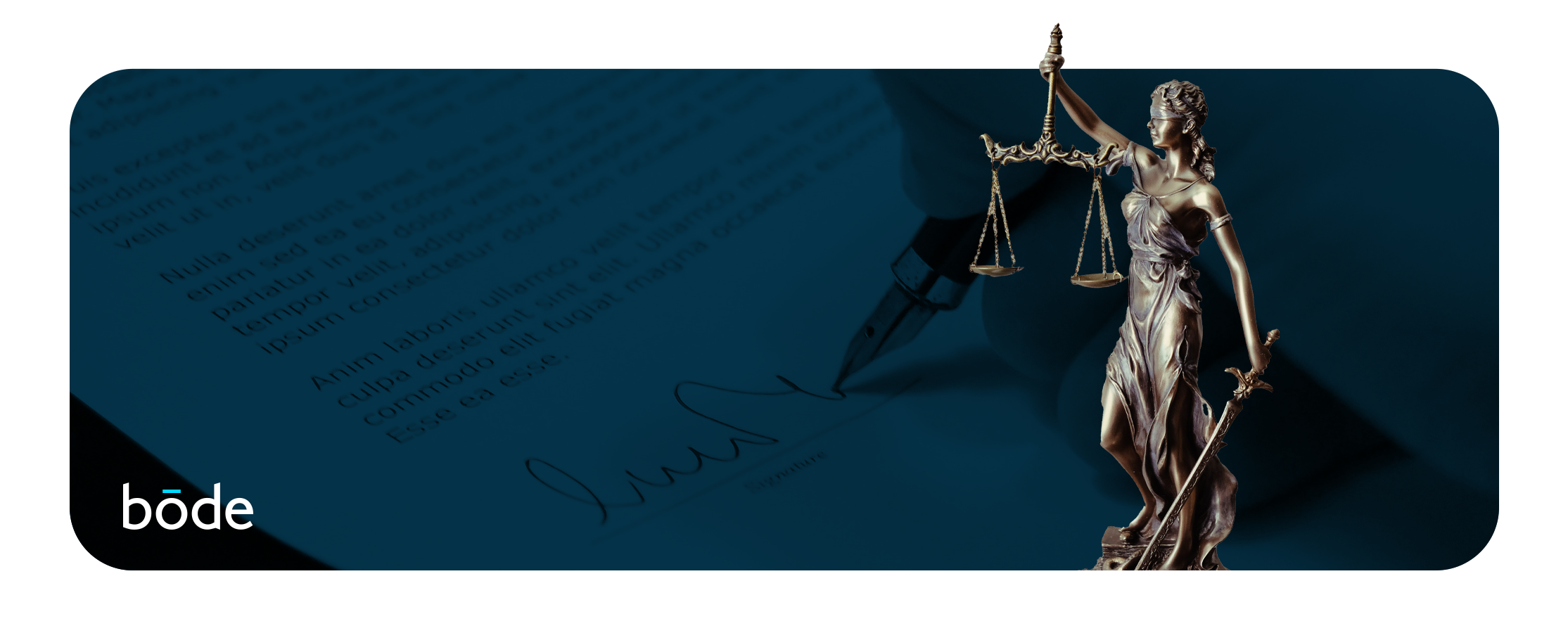
What is Power of Attorney?
Selling with power of attorney in real estate transactions in Canada offers a solution when the property owner named on the land title is unable to personally manage the sale. By granting authority to a trusted person, the principal can ensure a smooth transaction while adhering to Canadian real estate laws.
How does the Power of Attorney Process Work?
The property owner (the principal) grants legal authority to another person, called the attorney-in-fact, through a document called a power of attorney (POA). This authorization allows the attorney-in-fact to handle the sale of the property on behalf of the principal.
With the power of attorney, the attorney-in-fact can act as the principal’s representative in all matters related to the sale. This includes tasks such as listing the property, negotiating with potential buyers, signing contracts, and completing necessary paperwork.
The attorney-in-fact has a duty to act in the best interests of the principal and comply with Canadian legal requirements. They must handle the sale transaction honestly, diligently, and according to the principal’s instructions. They are responsible for ensuring that the property is marketed effectively and that all legal obligations, such as property disclosures and local regulations, are fulfilled in the context of their location.
The principal retains the right to revoke or terminate the power of attorney if they choose to do so, following Canadian legal procedures. They can revoke the authorization by creating a written revocation document and informing the attorney-in-fact and any relevant parties involved in the transaction.
What is the Difference Between POA and Enduring POA?
It’s important to note that there is a distinction between a standard power of attorney and an enduring power of attorney.

Standard POA
A standard POA is valid only while the principal has the legal capacity to make decisions

Enduring POA
An enduring power of attorney remains in effect even if the principal becomes incapacitated or mentally incompetent, ensuring continuity in the sale process should such circumstances arise.
Listing with Bōde and POA
All sellers utilizing the Power of Attorney process will be prompted to upload a document as proof of POA when entering the listing details in their Bōde account. Sellers may use new or existing documents executed by their lawyer as proof of Power of Attorney.
The specific processes and documents involved may vary depending on the province or territory, as each has its own laws and regulations. For example, Bōde has made available a standardized Power of Attorney document that can be used for real estate transactions only in Alberta – download it here.
The standardized power of attorney document must be properly witnessed and authorized by a licensed notary public. This additional step of notarization provides authentication and credibility to the POA, making it easier to accept and enforce by third parties, such as financial institutions or title offices.
Sellers located in other markets will need to consult a lawyer regarding Power of Attorney documents. For any questions or further information, please consult a legal professional.
Bōde can make recommendations on choosing an attorney if you need one, feel free to ask our team at [email protected]




